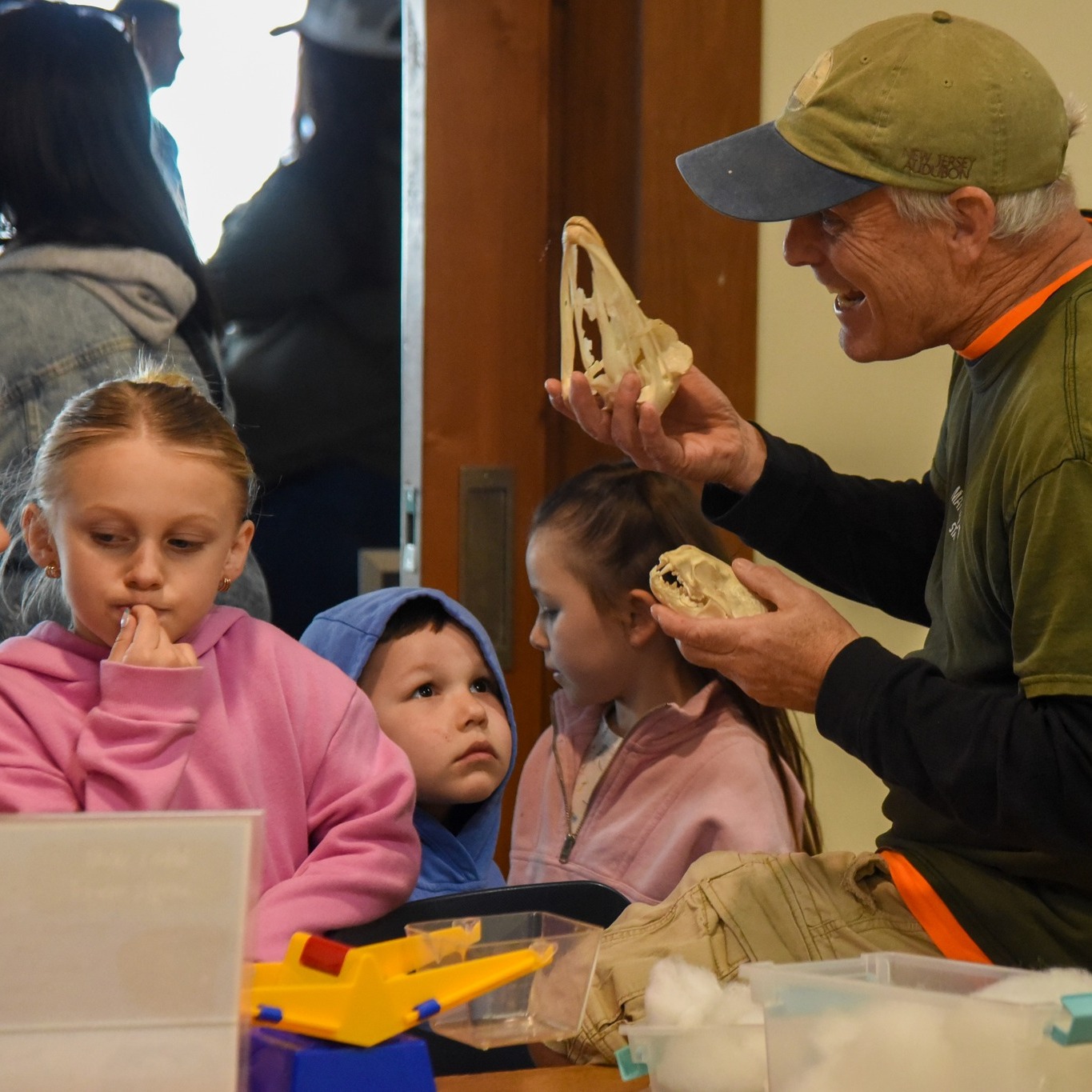- Exploring practical ways to connect with our planet Earth
- The role of zoology in understanding biodiversity
- How zoo management contributes to wildlife conservation
- Implementing sustainable practices in daily life
- The importance of environmental education for future generations
Earth Day serves as a reminder of our shared responsibility to safeguard the planet. This annual event encourages us to explore practical ways to deepen our connection with Earth. Understanding our planet begins at home, with actions each of us can undertake to foster a healthier environment.
Zoology plays a pivotal role in unraveling the complexity of biodiversity. By studying animal behavior, adaptation, and habitats, zoologists help decode the intricate interdependencies within ecosystems. This scientific field is crucial for developing informed conservation strategies. Zoologists, with their deep knowledge, contribute significantly to the protection and preservation of countless species. Enhancing public understanding of zoology nurtures a greater appreciation for wildlife, encouraging active participation in conservation efforts.
Zoo management is another vital component in wildlife conservation. Modern zoos function as sanctuaries for endangered species, providing safe environments where animals can thrive, free from threats like poaching and habitat destruction. These institutions often engage in breeding programs to bolster declining populations, contributing to the genetic diversity necessary for species survival. Moreover, zoos serve as centers for research and education, informing visitors about the importance of conserving biodiversity and inspiring a new generation of conservationists.
Adopting sustainable practices in our everyday lives is imperative for environmental stewardship. Simple actions like reducing waste, conserving water, and using energy-efficient products can significantly decrease our ecological footprint. Composting kitchen scraps, recycling, and opting for reusable items are practical steps toward sustainability. These efforts collectively lead to a healthier planet, demonstrating the power of individual responsibility in global conservation.
Environmental education is crucial for fostering a conservation-minded society. Teaching both children and adults about ecological balance, the impact of human activities, and the significance of preserving natural resources plants seeds of awareness and responsibility. Schools and community programs play a vital role in this educational process, equipping people with the knowledge and skills needed to make informed decisions that benefit the Earth.
In conclusion, understanding and protecting our planet requires a multifaceted approach. By embracing disciplines like zoology and supporting zoo conservation efforts, we build a foundation for preserving biodiversity. Implementing sustainable habits and prioritizing environmental education ensures that future generations inherit a planet that is not merely habitable but flourishing. This Earth Day, let’s commit to actions that enhance our planet’s health and our shared responsibility for its well-being.
*****
Source Description
This Earth Day, we’re spotlighting hands-on ways to better understand the planet we share. Learning about our planet is the first step in protecting it, starting with actions you can take at home. 🌎 Discover ways you can make a difference: Visit the link in our bio!


